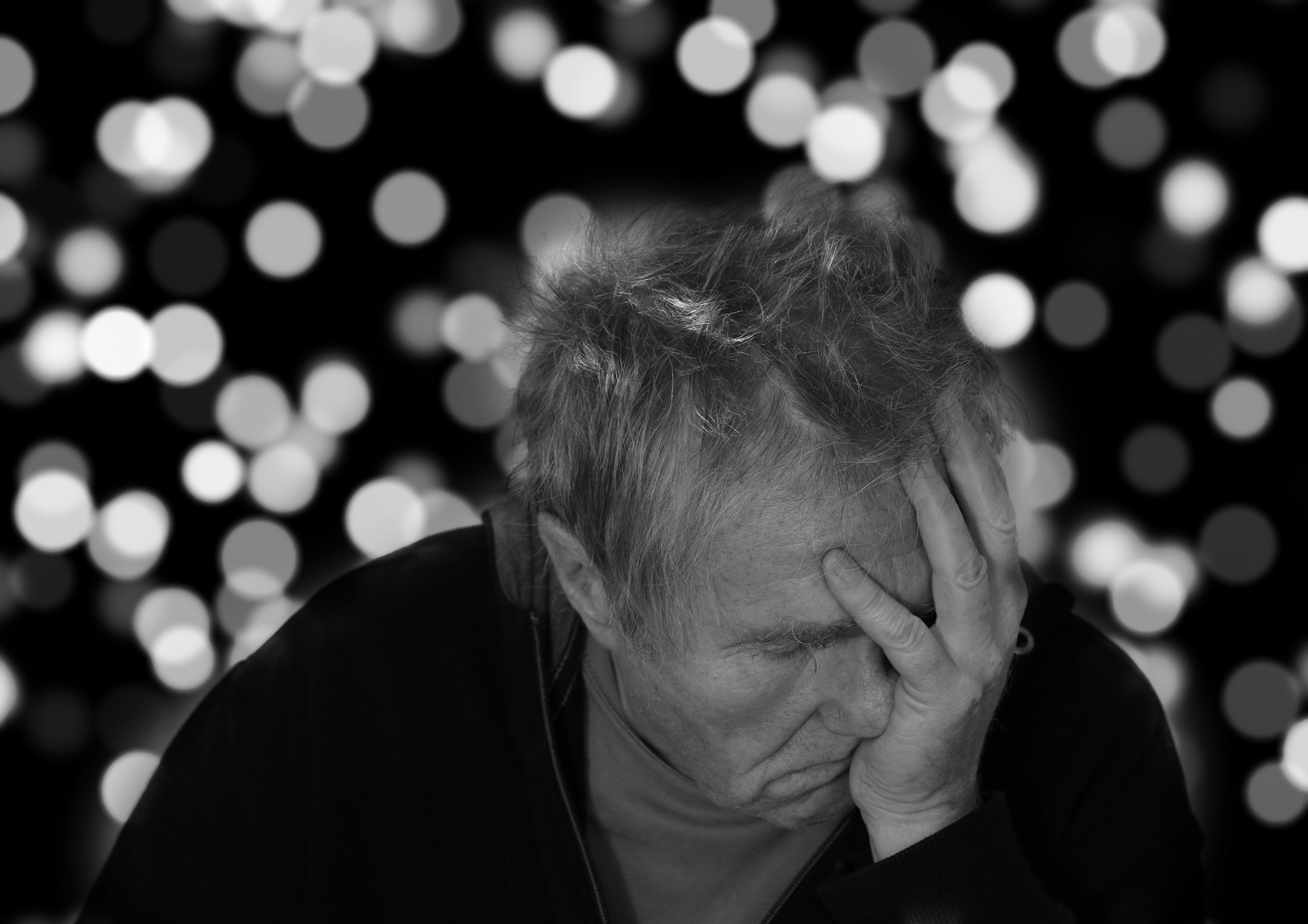During a time when many people are isolating themselves from social life to help slow the spread of COVID-19, maintaining one’s mental health is important to remember.
Kevin Ward, a registered clinical counsellor, said that during times of a significant change of routine, people need to be more aware of their own mental state.
“I think my biggest concern is that people are moving into an isolation stage, some more than others, and may not be fully informed as to what the side effects are going to be of that. Awareness, I believe, is one of the preventative methods that we can use. Prevention is a great help when we’re moving into unfamiliar territory,” said Ward. “Families need to be aware that there’s going to be some side-effects of being in isolation and changing routines to the degree that we are and being alone more than we have been.”
Ward said that maintaining social contact is necessary to ease feelings of anxiety and depression.
“What people may not be thinking of right now, even if they may know it, is having a connection with other people. Even though I think most people do that, I think sometimes it’s taken for granted. During these times, where we’re asked to stay distant, we may not realize how much of an effect that’s having on us,” said Ward. “My concern is that people may be wondering where their feelings are coming from and it may simply because they don’t have someone close to them.”
Ward added that those that are living alone may have a tougher time in isolation and physical distancing as is being asked by health authorities. Ward recommends reaching out to others electronically.
“People that are alone are probably going to feel it the most, they may not get their common visitors that they would usually get. For them, it’s an individual journey, their self-care is going to need to step up a little bit. Being aware of what they’re eating, what they’re drinking, how they’re exercising, all of which is fundamental to balance and healthy living. They can also make a few more phone calls, facetime or video conferencing.”
Ward said seniors might need a helping hand from others to keep in touch with their friends and family, and that everyone should step up and help.
“The sad part is that the older ones might not be fully aware of what is available, I think that the younger ones could help them to know what is available to them. Maybe the younger members of their family can just educate a little bit, and maybe talk them through how they can have access to seeing their grandchildren, having a face-to-face over the phone or computer.”
Ward added that having social contact is essential for a person’s well-being.
When faced with feelings of anxiety or depression, whether induced by thoughts about COVID-19 or other life events, there are many coping strategies that people may employ to help. Ward recommended using what he calls a “touch and feel” technique to bring someone’s mindset to the present.
“You simply reach out and touch something that’s near you, you feel it and pay attention to it and then reach for another item, then go through about three or four items. It could be a pen or a notepad, or a glass on the table, it doesn’t really matter what it is, it could be the corner of the table. The idea is to bring yourself to the present, right now, in the moment. That is one of the easiest grounding techniques I can think of.”
Ward added that other strategies include breathing exercises, drinking water, and practicing mindfulness, meaning staying in the present. He also said that reaching out for help from friends or professionals can also be useful when negative feelings arise.
*** Story by Ryley McCormack ***




